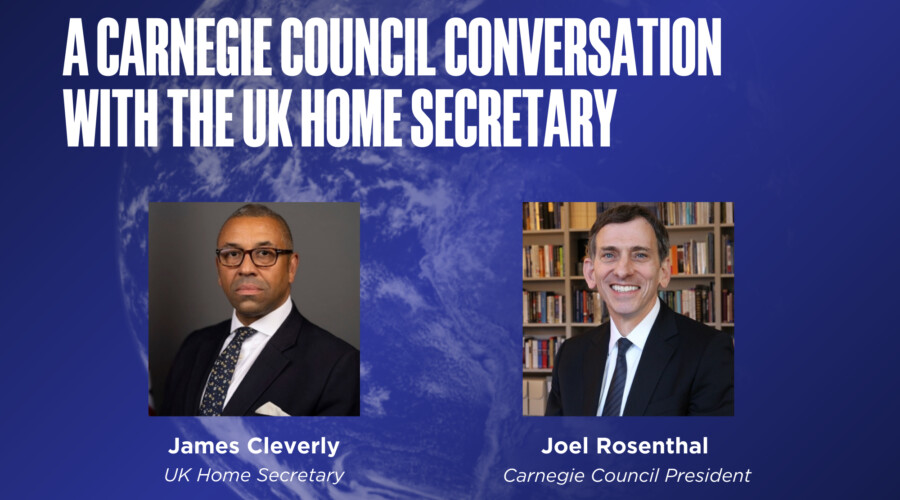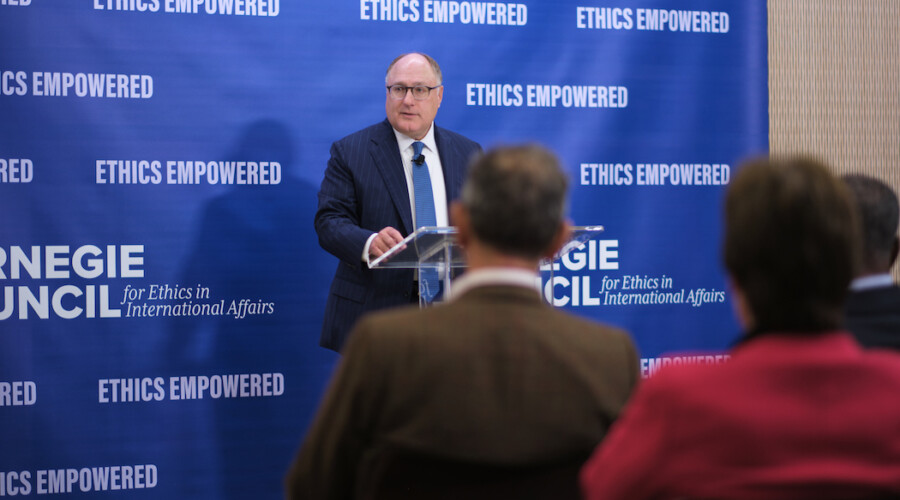When China loosens the peg of its currency to the dollar, the U.S. will benefit--but it may hurt labor in China. While the looser Chinese currency is fairer to trading partners, it conflicts with protection of Chinese citizens' interests. How would you balance the two concerns?
Between the U.S. and China, however, the exchange rate does not float freely. Rather, it is fixed by China, often within a narrow band. Economists estimate that the renminbi must get up to 40 percent stronger to reflect real economic conditions.
China announced it would begin to widen the band. This is positive for American exporters, making American goods more competitive in China, but this potentially threatens the jobs of Chinese workers, and risks labor unrest.
Also, the Chinese government and individuals purchased trillions of dollars of U.S. assets. As the Chinese currency gets stronger, when these assets are sold and converted back, they buy fewer and fewer renminbi.
Ethically a government's first obligation is to its citizens, and China forcefully asserts its sovereignty, its duty to protect. Risking of labor unrest and loss of wealth could be dereliction of duty, and are clearly accentuated by a stronger currency.
The contrasting ethical issue involves China's mutual international obligations. Today the international system is not mercantile, designed only to benefit a country's citizens or to "beggar thy neighbor."
Rather, there is a commitment to fairness and a standard of reciprocity built into the system. This ethical commitment is also supported by mutual self-interest, i.e. a strong American economy with Americans at work increases Chinese exports.
What do you think? Protection of citizens and reciprocal fairness seem to conflict. Both are driven by ethical and pragmatic considerations. How would you balance them?


